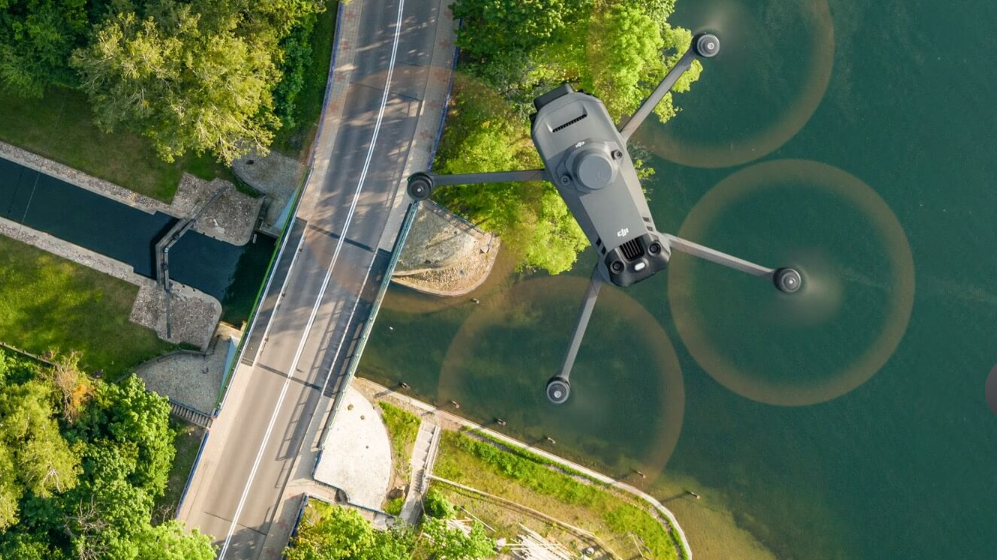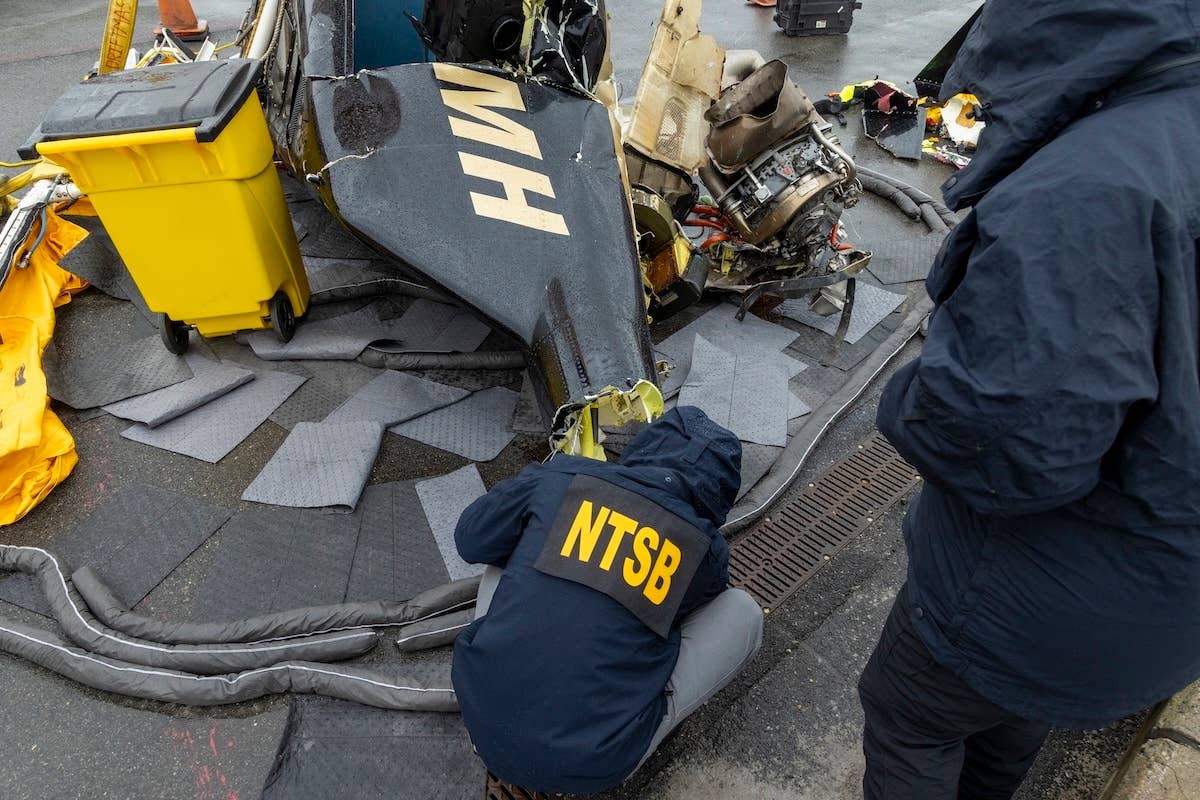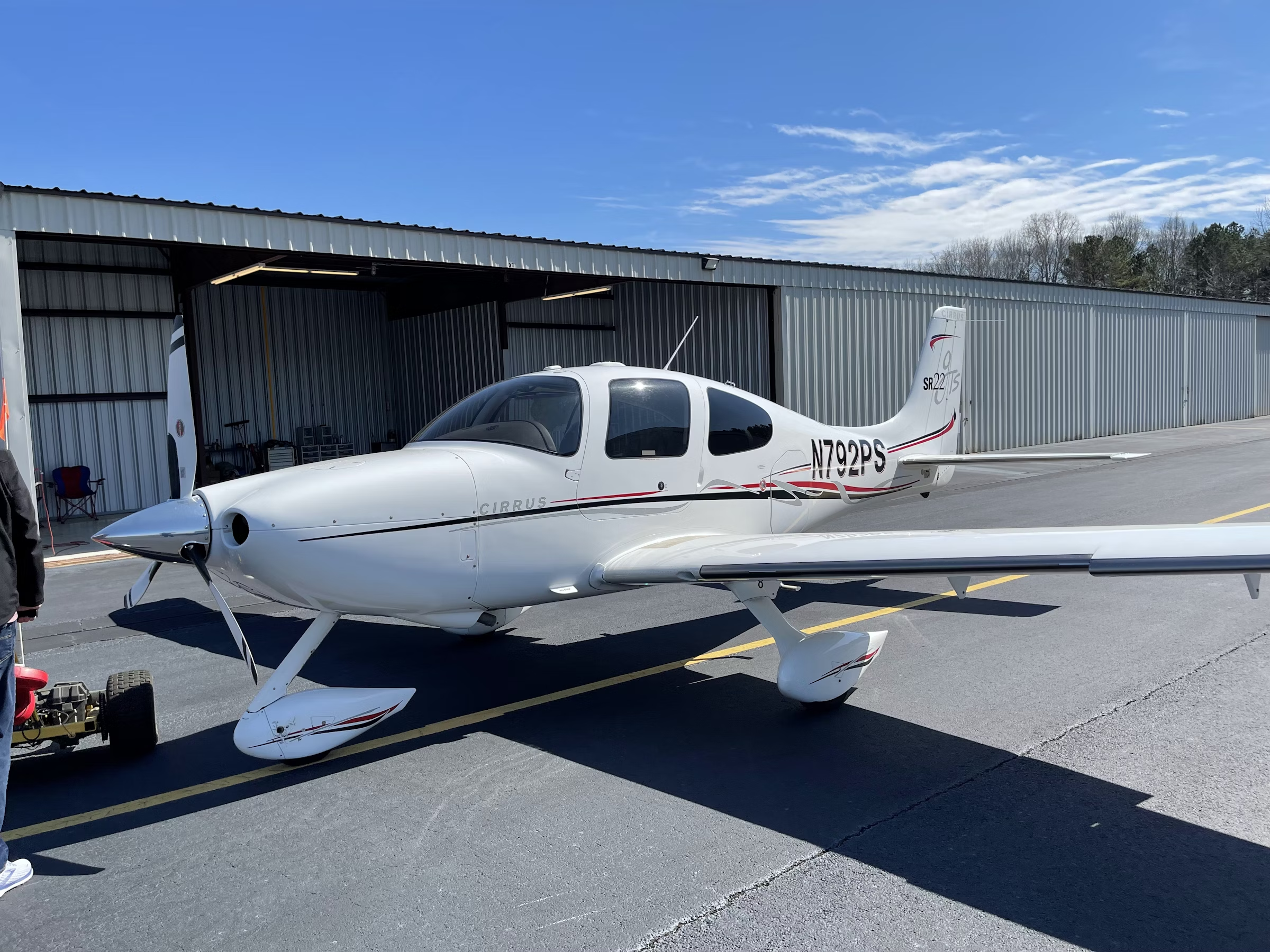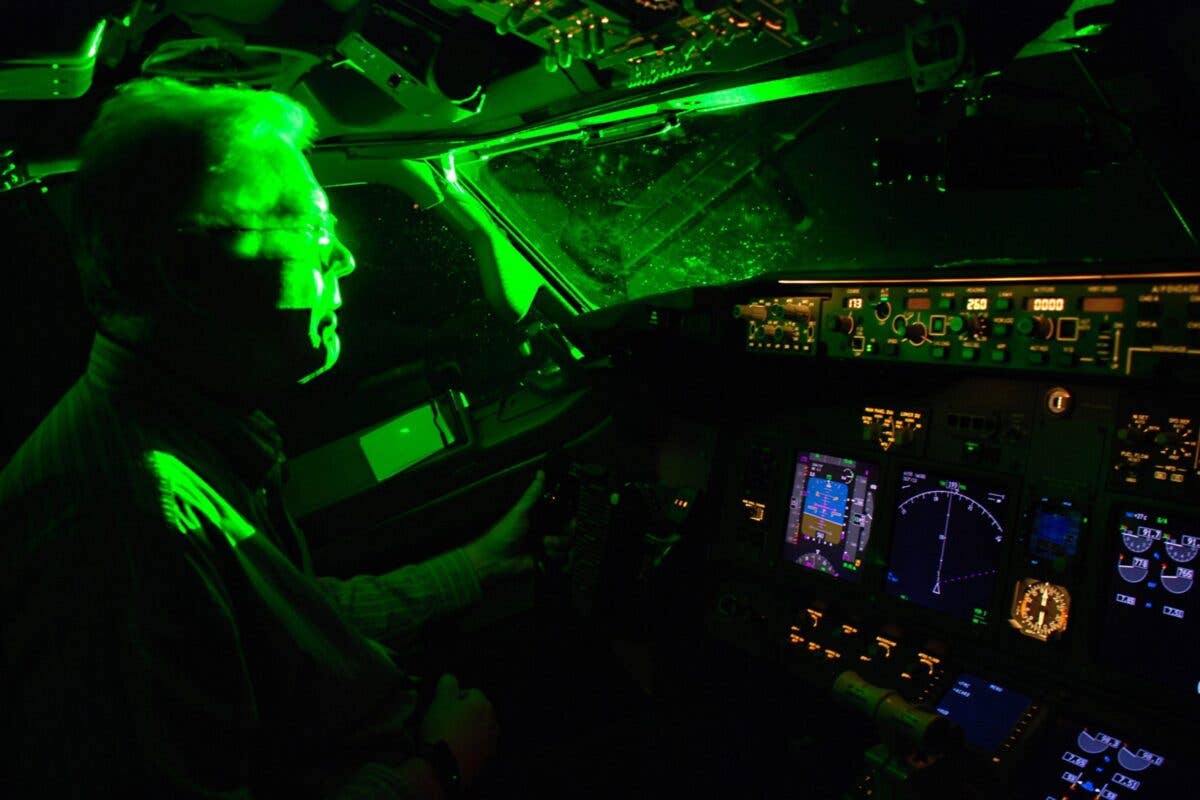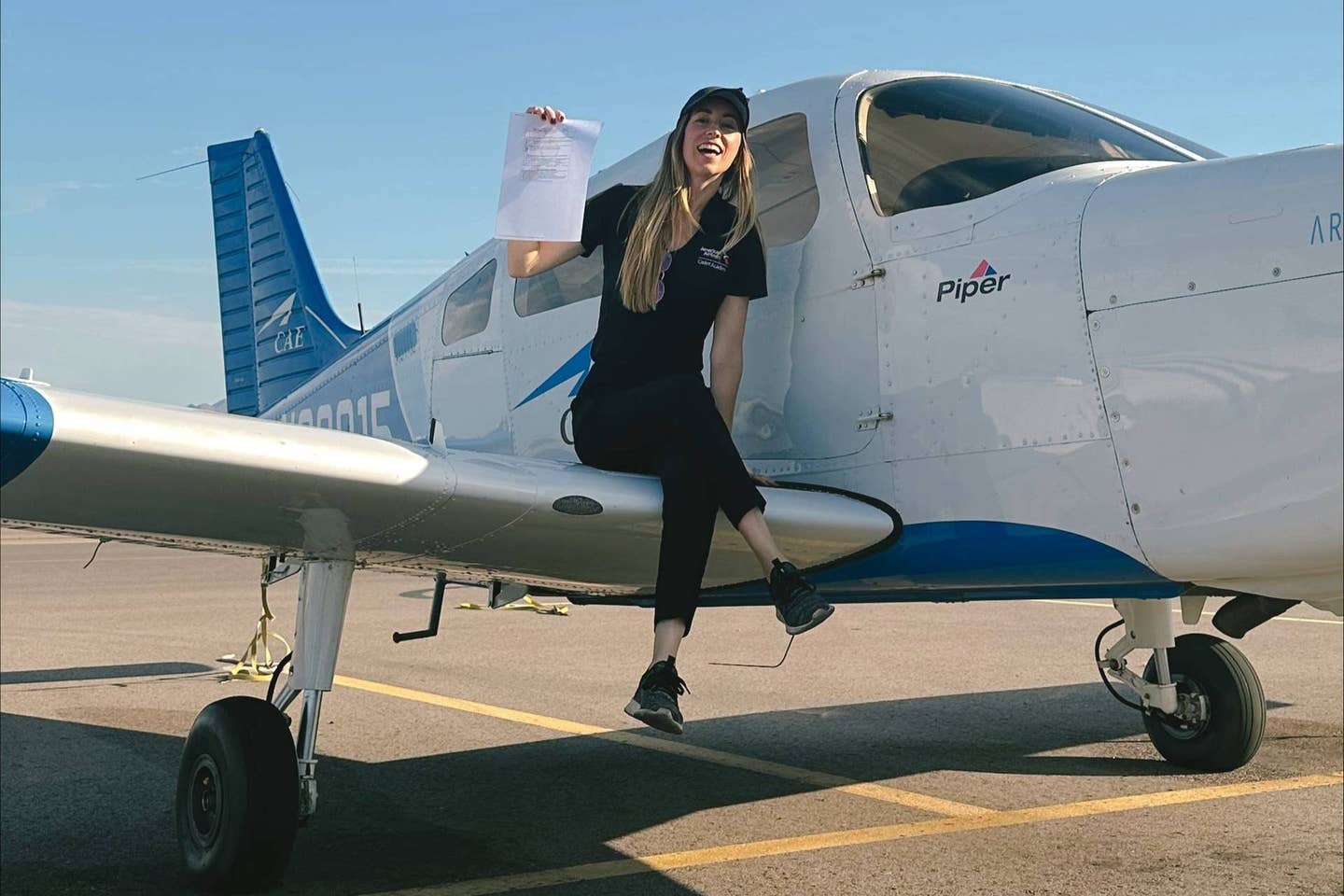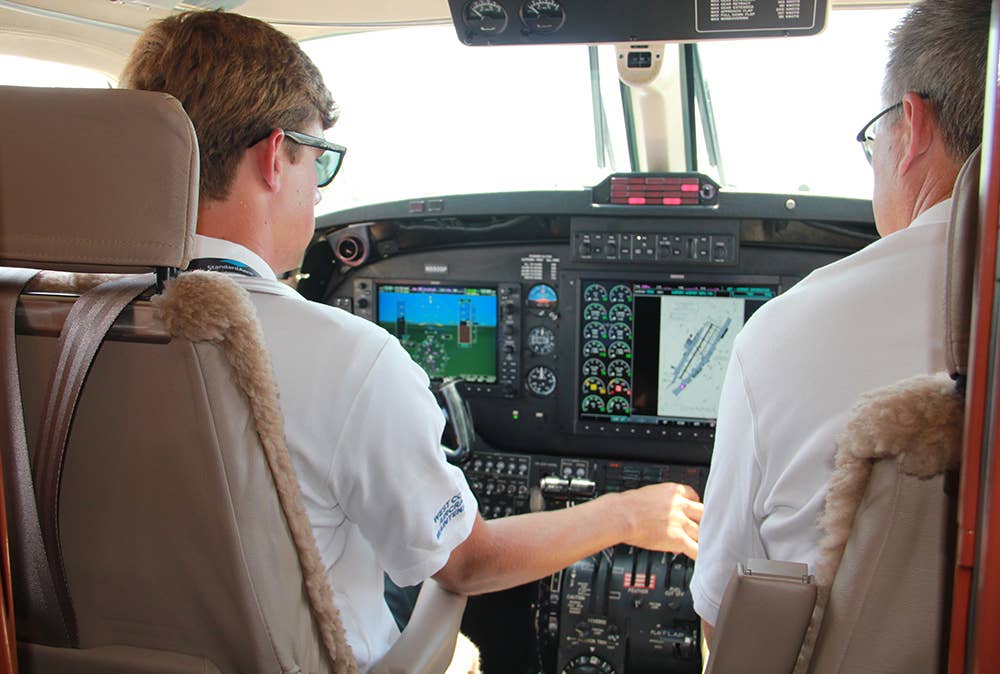Beta Gets FAA Sign-Off to Begin eVTOL Pilot Training
Beta will train additional company and FAA personnel using dual controls on its flagship electric vertical takeoff and landing (eVTOL) Alia 250.
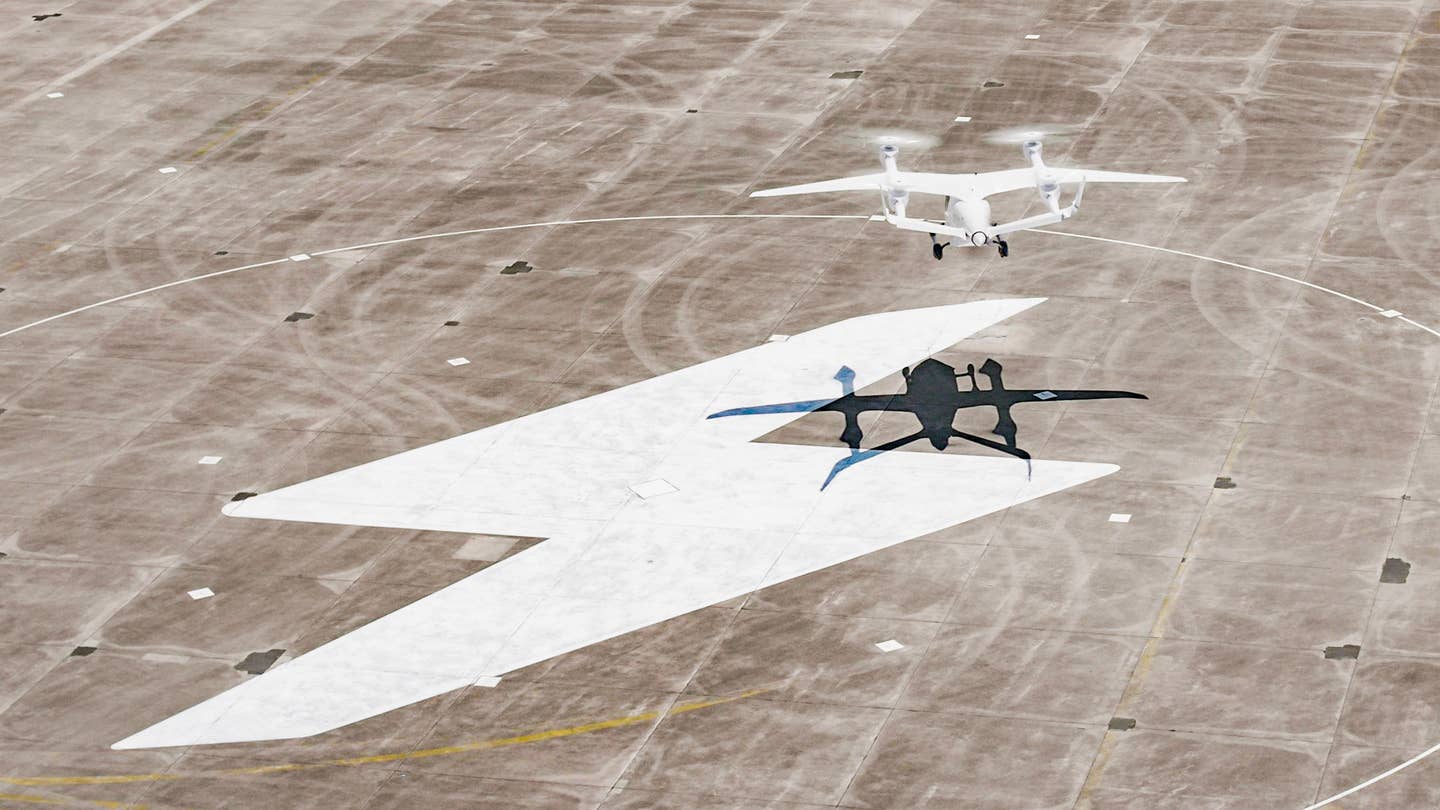
Beta Technologies can begin training more pilots on its electric vertical takeoff and landing (eVTOL) Alia 250. [Courtesy: Beta Technologies]
Electric aircraft manufacturer Beta Technologies has the FAA’s sign-off to begin training more pilots on its electric vertical takeoff and landing (eVTOL) Alia 250 (A250).
The company on Wednesday said the agency granted it a letter of authorization (LOA) to start dual seat pilot training of “manufacturer and FAA personnel,” such as the aviation safety inspector who will ultimately help certify the aircraft for commercial service.
Trainees will ride along with one of Beta’s eight powered lift test pilots, as outlined in the FAA’s powered lift pilot training proposal, which requires eVTOL training aircraft to have dual controls. The FAA reviewed the ground, simulation, and flight training procedures used to train that group before issuing the LOA.
In addition to the A250, Beta is developing an electric conventional takeoff and landing (eCTOL) model called the CX300. That design has already been flown by pilots from the FAA, U.S. Air Force, U.S. Army, and companies such as UPS and Bristow Group.
The company’s eVTOL, meanwhile, is one of a handful of designs to complete a crewed transition from hover to cruise flight, but testing has largely been concentrated around its headquarters in Vermont.
Beta tells FLYING that the aircraft is configured with dual controls by default. But if the operator plans to operate a single-seat, the company will sell them a single-seat model with provisions for dual controls. The cockpit can be fitted with dual controls in about 20 minutes, according to the firm.
There is no limit on the number of pilots Beta can train under the approval. Though the FAA has yet to sign off on the firm’s use of a simulator to train pilots, the company says it is developing a simulator that will meet FAA requirements for a qualified training device.
The manufacturer expects to obtain FAA certification for its eCTOL model in 2025, followed by authorization for the A250 in 2026. It is in the process of building out a nationwide network of electric aircraft chargers for both aircraft to use, including at FBO terminals.
Like this story? We think you'll also like the Future of FLYING newsletter sent every Thursday afternoon. Sign up now.

Sign-up for newsletters & special offers!
Get the latest FLYING stories & special offers delivered directly to your inbox

